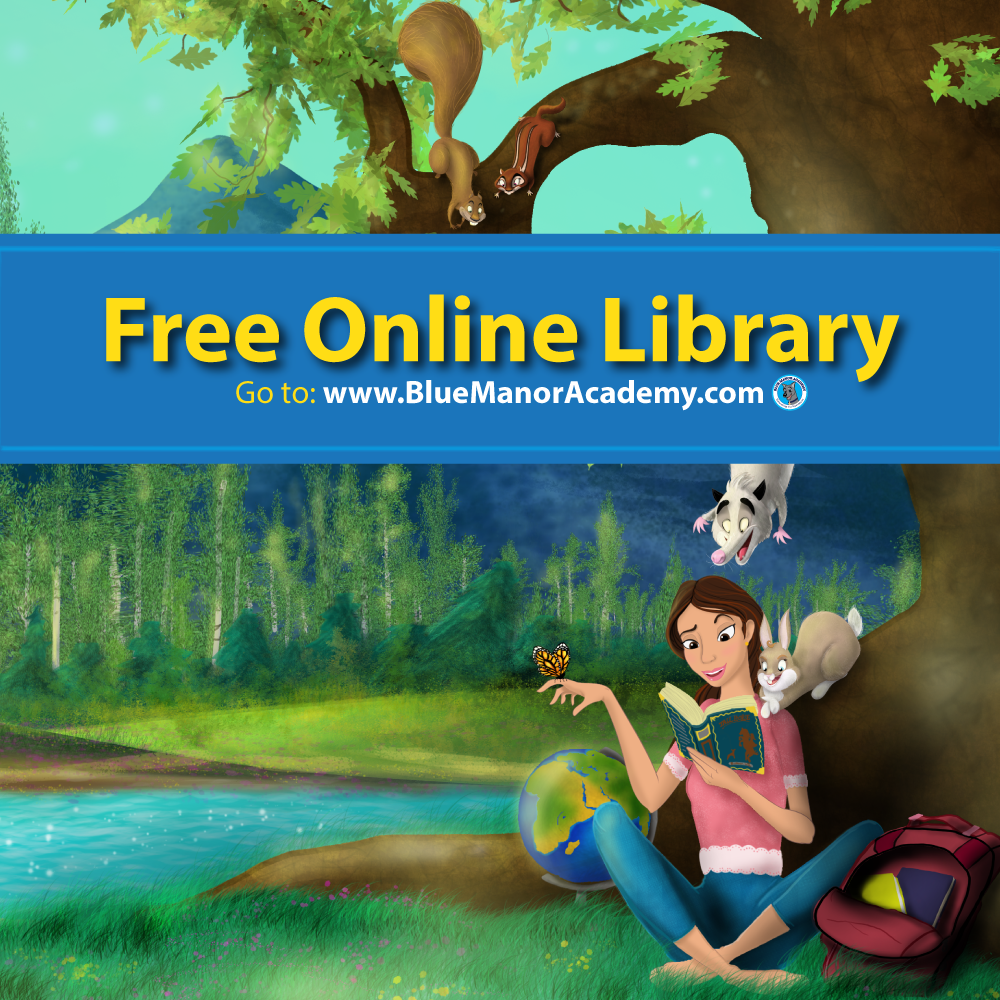 When I was young, everyone told me to read. They were so concerned that I read daily, that they never took the time to tell me what to read. So, as an elementary student I entered the library and quickly found the books with the brightest covers. No one cared, so long as I appeared to be reading.
When I was young, everyone told me to read. They were so concerned that I read daily, that they never took the time to tell me what to read. So, as an elementary student I entered the library and quickly found the books with the brightest covers. No one cared, so long as I appeared to be reading.
As I grew into middle school and high school, my preferences shifted. Instead of picking books with bright covers, I sought books with colorful content – they weren’t always PG. No one cared, so long a I was reading. I used these books to explore new worlds, worlds that would have been forbidden if they hadn’t been bound up in books.
So I started with Where’s Waldo, progressed to Goosebumps and ended up devouring Stephen King. No one ever looked into the books I was reading, because reading was good, period. But the real tragedy was not the bad books that I was exposed to, but the good books I passed over in search of those cheap thrills.
If only someone had told me that not all books are created equal. Some books are trash, others entertaining, and then there is a whole separate category of books that have the power to inspire. These books overcome nearly all barriers; national, cultural, ethnic, religious, racial, gender, and generational. Their stories appeal to all people, in all times. We call these books the Classics.
Unfortunately, children (and adults) rarely read the Classics anymore. That is because they are lost – buried in a sea of lesser books. Given the same shelf space as dime-novels and romances, Classics are easily overlooked and quickly forgotten. While burying books is not quite as bad a burning them, they are lost just the same.
Perhaps, we should reorder our book selves. We could start by placing the Bible alone on the top shelf, because what book deserves a higher shelf than God’s Word, and which one can sit beside It pretending to be equal. The next shelf would house the great classic novels from A to Z, starting with Animal Farm and ending with War and Peace. Next we’d organize our nonfiction; Tacitus’ Annals of Imperial Rome, Julius Caesar’s Gallic Wars and Herodotus’ The Histories to name a few. Then we’d need to clear space for classic poetry; Shakespeare of course, Lord Tennyson for sure, and Chaucer, Milton and Dante would get us started. Finally, a spot would be saved for the theologians and philosophers like, Aquinas, Aristotle, Hobbes, Machiavelli, Plato and Rousseau. The rest of our books could find a cozy place in our garages until our families had thoroughly digested the classics!
Thanks for reading!
For more homeschooling inspiration, like us on Facebook or Follow us on Pinterest. Thank you for your support!

Thank you for writing this. It make so much sense. I remember being told to read books and I can easily see how you can end up reading all that you shouldn’t and none of what you should. I just pinned this article on my pinterest board. I hope others read it too.
We have lost so much in the “dumbing down” of the English language – both written and spoken- over the years. My children are being raised on “classics” and others that just plain good old books. All of them (the 7yo included) have vast vocabularies simply by reading books written before 1920. Something to consider when choosing which books are “suitable” for children. Thanks for your post. I’m in agreement! Blessings, Hilary at http://www.wholesomereads.com
Hilary recently posted…When Life Takes a Turn
Classics are definitely important to read and digest to become an educated person. We should definitely care what our children are reading!
Susan Evans recently posted…New Jerusalem Model